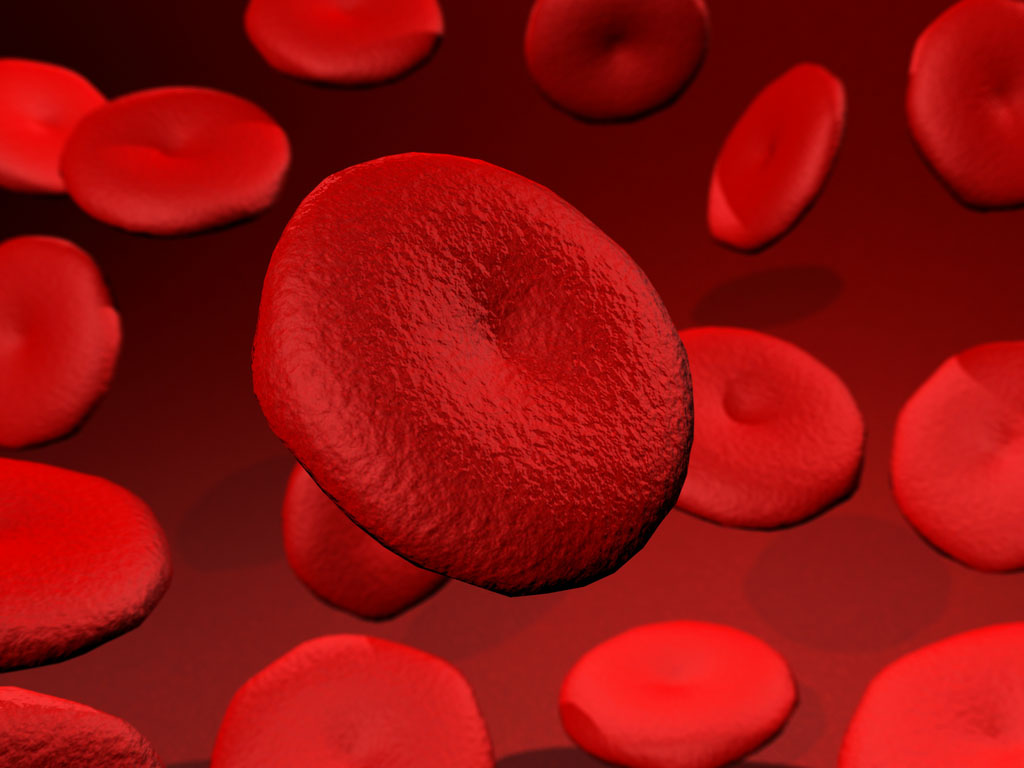
Your Blood Type and Your Skin
16 September 2018Most people with psoriasis want to know how and why they got it. Though it can be triggered by many factors there are some commonalities seen in the case histories of people with this skin condition.
Let me start by explaining the difference between healthy skin and psoriatic skin.
The skin has many important roles – sensation, heat regulation, structural support, it acts as a barrier to infection, and aids detoxification.
How healthy skin is formed
New skin cells are formed in the dermis (deep layer of the skin) where they are nourished by blood and lymph vessels and the fatty hypodermis below. The dermis is largely made up of collagen and elastin which help keep the skin hydrated, supple and flexible. The healthy dermis also contains mast cells which trigger the inflammatory response to invading pathogens and allergens.
When new skin cells are formed they migrate to the epidermis (outer layer of the skin). Healthy skin renews itself every 28 days, with new skin cells being formed and old skin cells being shed.
How psoriatic skin is formed
In psoriasis the psoriatic skin renews itself every 3-4 days! The result is thin, immature skin cells acting as an ineffective barrier that can easily be penetrated. The mast cells are working overtime resulting in constant inflammation, easy bleeding and dry, flaking skin.
Since the nourishment for the creation of new skin cells is coming mainly from the blood, this abnormal over-production of skin cells is a sure sign that the internal environment is not as healthy as it should be.
Many Integrative Dermatologists believe that psoriasis is caused by internal pollution or toxicity. The theory is that liver and kidneys can’t cope with the toxic load and try to eliminate toxins through the largest elimination organ in the body – the skin. The skin is not designed to deal with this level of toxicity thus it speeds up generation of new skin cells in an effort to offload toxins.
The toxic load
Where are these toxins coming from? The toxins come from our external and internal environment as pathogens and chemicals we come into contact with, inhale or ingest.
Many people with psoriasis suffer from allergies and what is commonly known as ‘leaky gut syndrome.’ In leaky gut syndrome the lining of the intestinal wall becomes thin and porous, allowing toxins and proteins to enter the bloodstream where they don’t belong. The body (rightly) recognises these organisms as foreign invaders and launches an immune response to them causing inflammation and allergic reactions.
The more porous the gut becomes the more food and environmental intolerances the person develops, and the immune system becomes overwhelmed. This makes a person more susceptible to developing an auto-immune disease (like psoriasis) whereby the immune system attacks healthy cells in the body by mistake.
The intestinal wall in leaky gut syndrome is more susceptible to intestinal flora imbalances, overgrowth of yeast and invasion of infectious organisms. Psoriasis is strongly linked to prior infection with Streptococcus and Staphylococcus bacteria, and with frequent antibiotic use which also upsets the microflora.
Many hormones are produced in the gut and an unhealthy gut microbiome can affect hormonal balance, another major trigger for psoriasis.
Can I cure psoriasis permanently?
With the right approach you can put psoriasis into remission, permanently in many cases.
To heal psoriasis at Auckland Skin Clinic we use medicines that support the body to eliminate toxins, treat any underlying infection, address hormonal imbalances, improve the barrier function of the skin and re-balance the microflora in the body.
The person with psoriasis is responsible for improving their environment by using only natural cleaning products in the home, keeping pets out of the bedroom, cleaning up their diet and exercising moderately to aid detoxification and hormonal balance.
Treating psoriasis is an educational process that improves your overall health and well-being in the long-term. You ultimately learn what your triggers are and how to avoid flare-ups and take better care of your skin.
This approach ensures you get results that last and don’t become dependent on supplements long-term to clear your skin.

